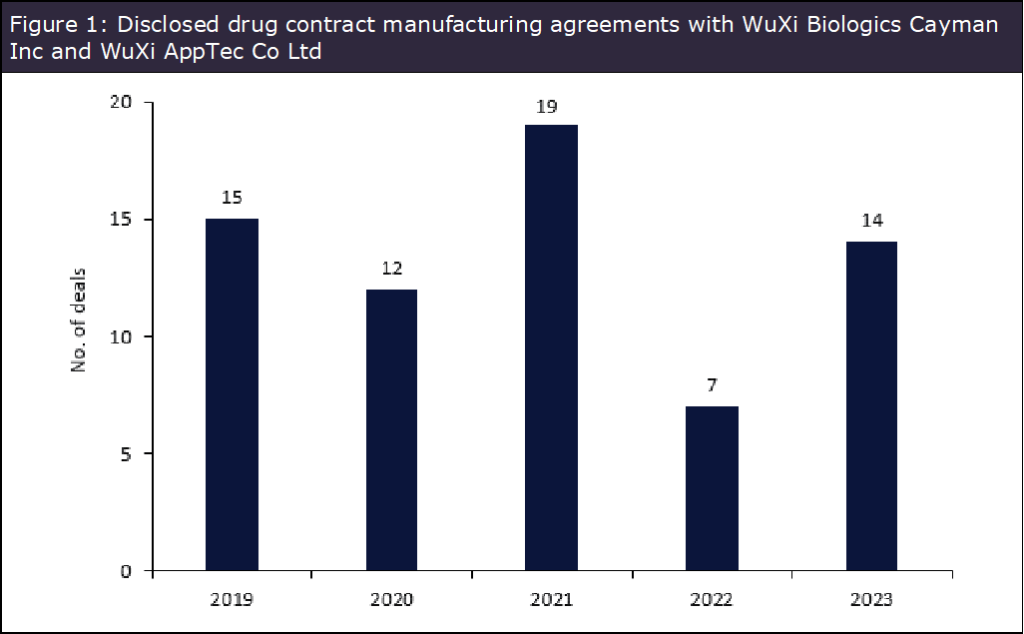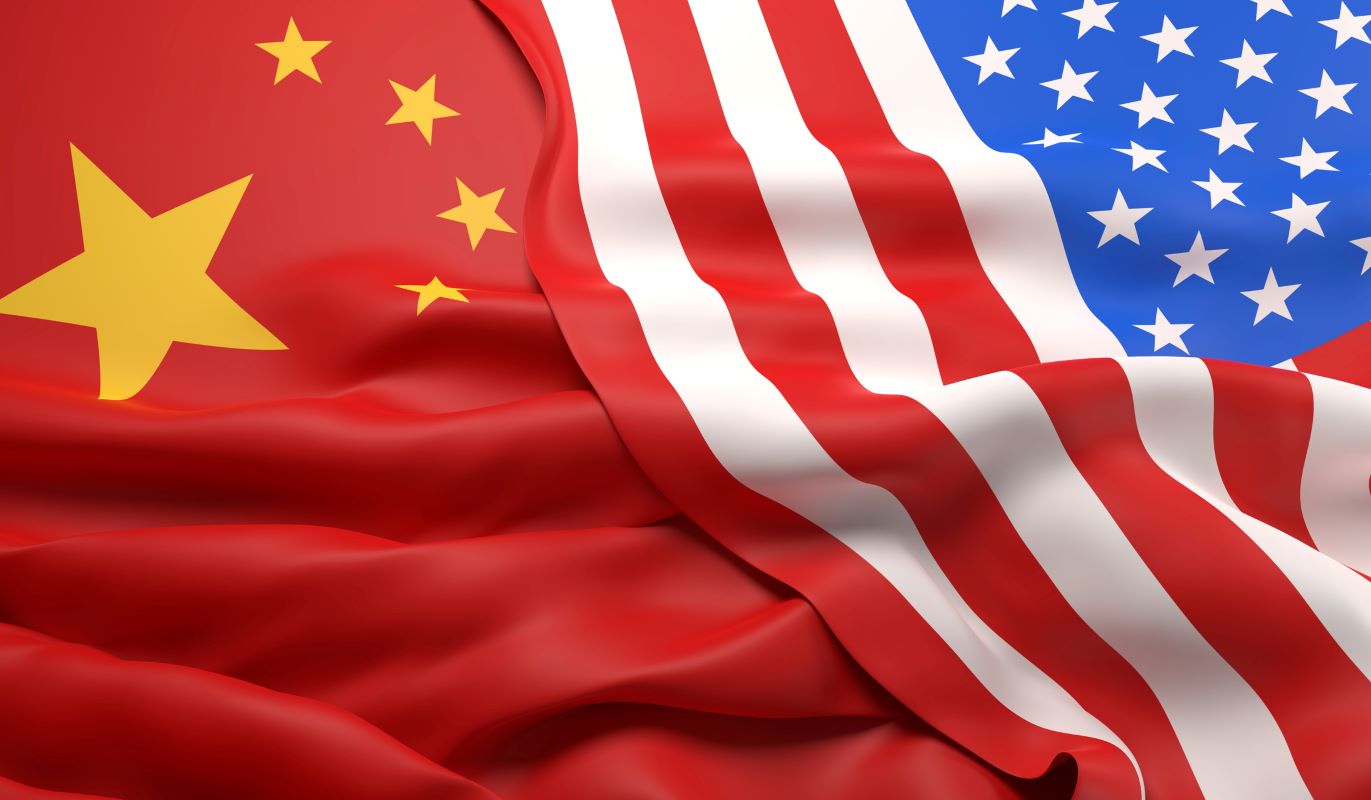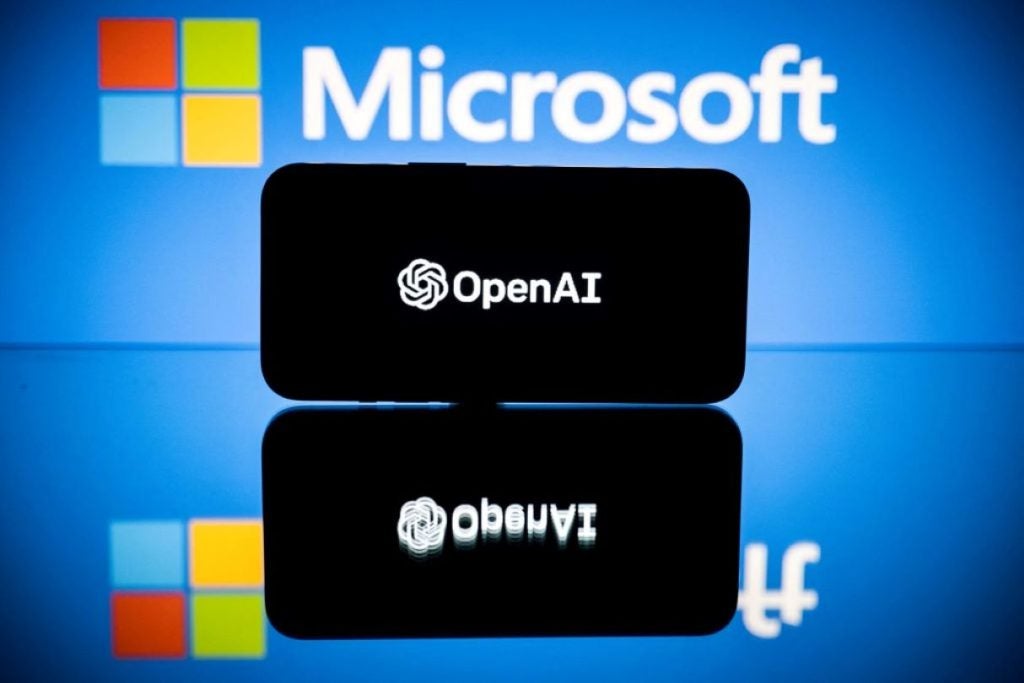US lawmakers have added more Chinese biotech and medtech companies to the list of firms posing national security risks that they are seeking to prevent doing business with the US.
On Wednesday, 3 April, 2024, a letter from the House’s Select Committee on the Chinese Communist Party recommended more companies to add to the Pentagon’s list of firms that are allegedly working with the Chinese military. The letter identifies several companies, including two headquartered in California—Innomics (Sunnyvale, CA, US) and Axbio (Santa Clara, CA, US)—as potentially Chinese military-backed companies, and implied the companies may have tried to hide their affiliation with Chinese-headquartered BGI Genomics (Shenzhen, China), which has been on the security risk list since 2022. Other Chinese companies recommended for the list are Origincell (Shanghai, China), Vazyme Biotech (Nanjing, China), and STOmics (Shenzhen, China).
The letter states that Innomics recently registered to conduct business operations in Kentucky under BGI. Innomics provides sequencing services to institutional and corporate clients for research purposes and STOmics sells lab kits and reagents. BGI asserts that both Innomics and STOmics belong to BGI but do not have any connections to the Chinese military. Targeting Chinese-based biotechs would heavily affect the US pharma industry, which relies on these companies for R&D and for supply chain support.
US Congress has targeted Chinese-affiliated companies in the biotech and pharma sector in recent months and is seeking to prevent these companies from conducting business with US firms by threatening to withhold federal funding. The BIOSECURE Bill, introduced in the House of Representatives on 25 January, 2024, initially targeted companies such as WuXi AppTec (Shanghai, China), BGI Genomics (Shenzhen, China), MGI (Shenzhen, China), and the MGI subsidiary Complete Genomics (San Jose, CA, US) and any subsidiary, parent affiliate (such as WuXi Bio [Jiangsu, China]), or successor of such entities. It claimed these companies pose a risk to US national security by “engaging in joint research with, being supported by, or being affiliated with a foreign adversary’s military, internal security forces, or intelligence agencies.” Reuters reported that in February, US intelligence officials briefed senators that WuXi AppTec had transferred a US client’s intellectual property to China without the customer’s consent.
Although many US pharma companies contract with Chinese firms, the US Congressional Budget Office (CBO) has said the bill will not increase the federal debt and will not affect US spending. The CBO noted that it “expects federal agencies and secondary companies that contract with banned entities would be able to substitute any biotechnology goods and services provided by covered entities with similar items provided by other companies at comparable prices.
See Also:

Ireland: the next Chinese FDI hotspot?
If the BIOSECURE Bill passes, it would effectively prevent US federal agencies from doing business with companies that contract with Chinese CDMOs such as WuXi. To mitigate risk, WuXi is considering beefing up its foreign direct investment (FDI) activities in Ireland, according to the Irish newspaper The Business Post.
How well do you really know your competitors?
Access the most comprehensive Company Profiles on the market, powered by GlobalData. Save hours of research. Gain competitive edge.

Thank you!
Your download email will arrive shortly
Not ready to buy yet? Download a free sample
We are confident about the unique quality of our Company Profiles. However, we want you to make the most beneficial decision for your business, so we offer a free sample that you can download by submitting the below form
By GlobalDataBoth R&D and manufacturing operations by WuXi in Ireland have received hundreds of millions of euros of investment. Recently WuXi transferred $348 million into WuXi Atu (Ireland) Holding Limited (Dublin, Ireland), a “dormant” business entity based in Ireland, although it is unclear if this has a connection to the emerging national-security crackdown targeting Chinese companies in the US. The Irish government and its foreign direct investments agency IDA Ireland are increasingly proactive in seeking to attract life science investments from China that had been destined for the US. This approach amounts to a high-risk, high-reward play by the Irish government, given that the world is set to become increasingly geopolitically polarised between China and the US, including US regulators’ efforts to control technology flows to China and the EU policy of “de-risking” trade with China.
Mike Gallagher (R-Wis.), a strong supporter of the bill, resigned on 24 April, which is expected to slow the passing of the BIOSECURE Act and to allow room for alterations to reduce the bill’s negative effects on drug developers. Share values of WuXi Biologics and WuXi AppTec increased after news of the resignation broke in March.
Novartis’s CFO, Harry Kirsch, said that Novartis is “actively” managing its existing relationships with Chinese service providers to mitigate risks if the BIOSECURE Act passes, news outlets have reported.
Several pharma companies have flagged risks of delays, disruptions, and increased costs if the bill becomes law. Reportedly, Eli Lilly, Novartis, Vertex, and BeiGene are among the companies seeking alternatives to Chinese service providers in their supply chains. BeiGene confirmed it is finalising a second source of API outside China as part of a process that began in 2019. In a poll during a recent GlobalData webinar, 50% of pharma industry respondents stated that their companies had begun taking proactive measures to address risks posed by the BIOSECURE Act.
As pharma companies examine their supply chains, more are disclosing to investors that they have contract manufacturing deals with WuXi. Of the 67 known WuXi deals during 2019–23, 69% were for either small molecules, monoclonal antibodies, or conjugated monoclonal antibodies, and 17% were for cell and gene therapies. Approximately 25% of all disclosed deals involved US, Canadian, and European headquartered clients. There have been four contract manufacturing deals disclosed with WuXi so far in 2024 (as of 22 April).








Related Company Profiles
BGI Genomics Co Ltd
WuXi AppTec Co Ltd
WuXi Biologics Cayman Inc
Novartis AG
Vertex Inc